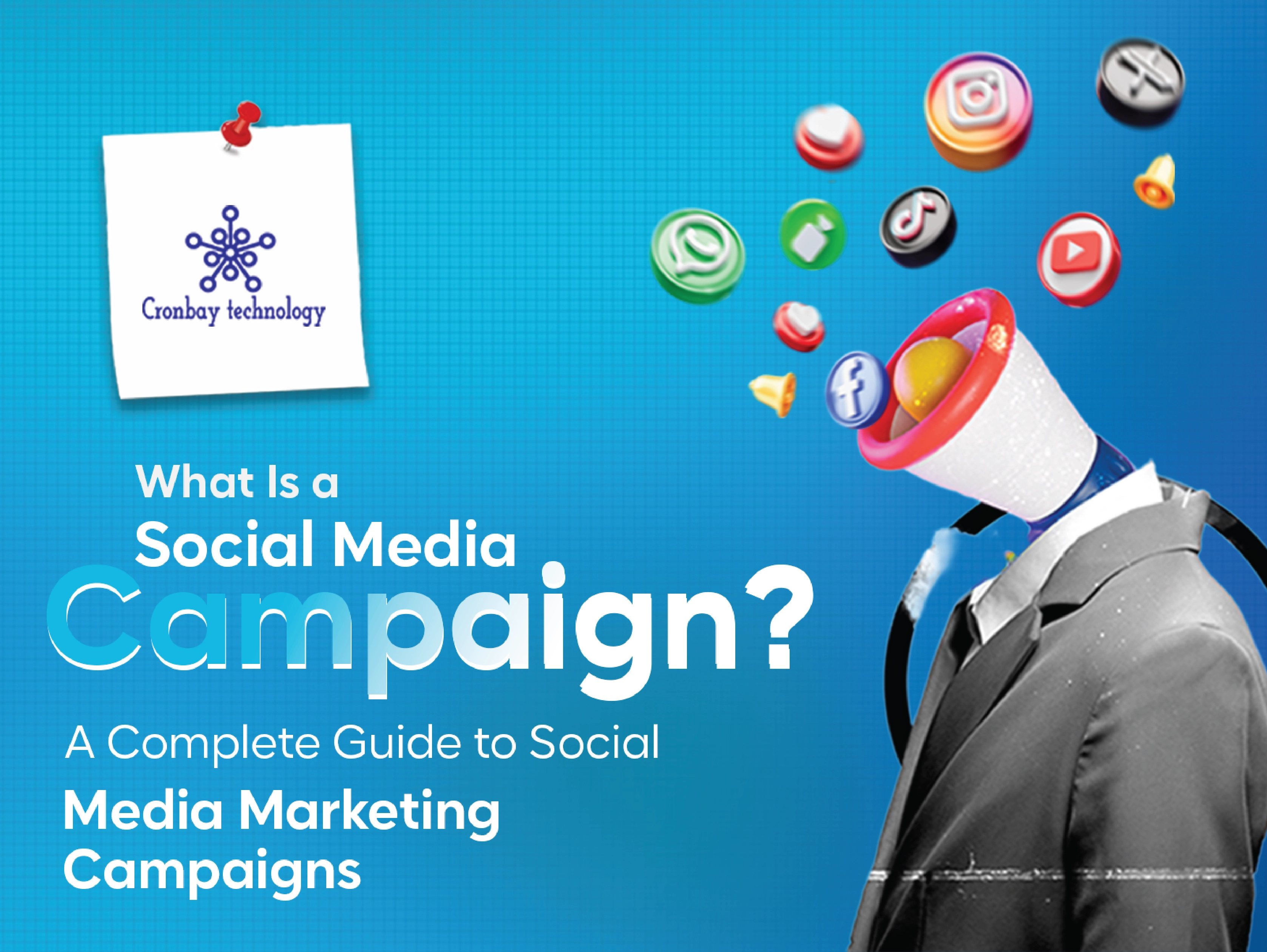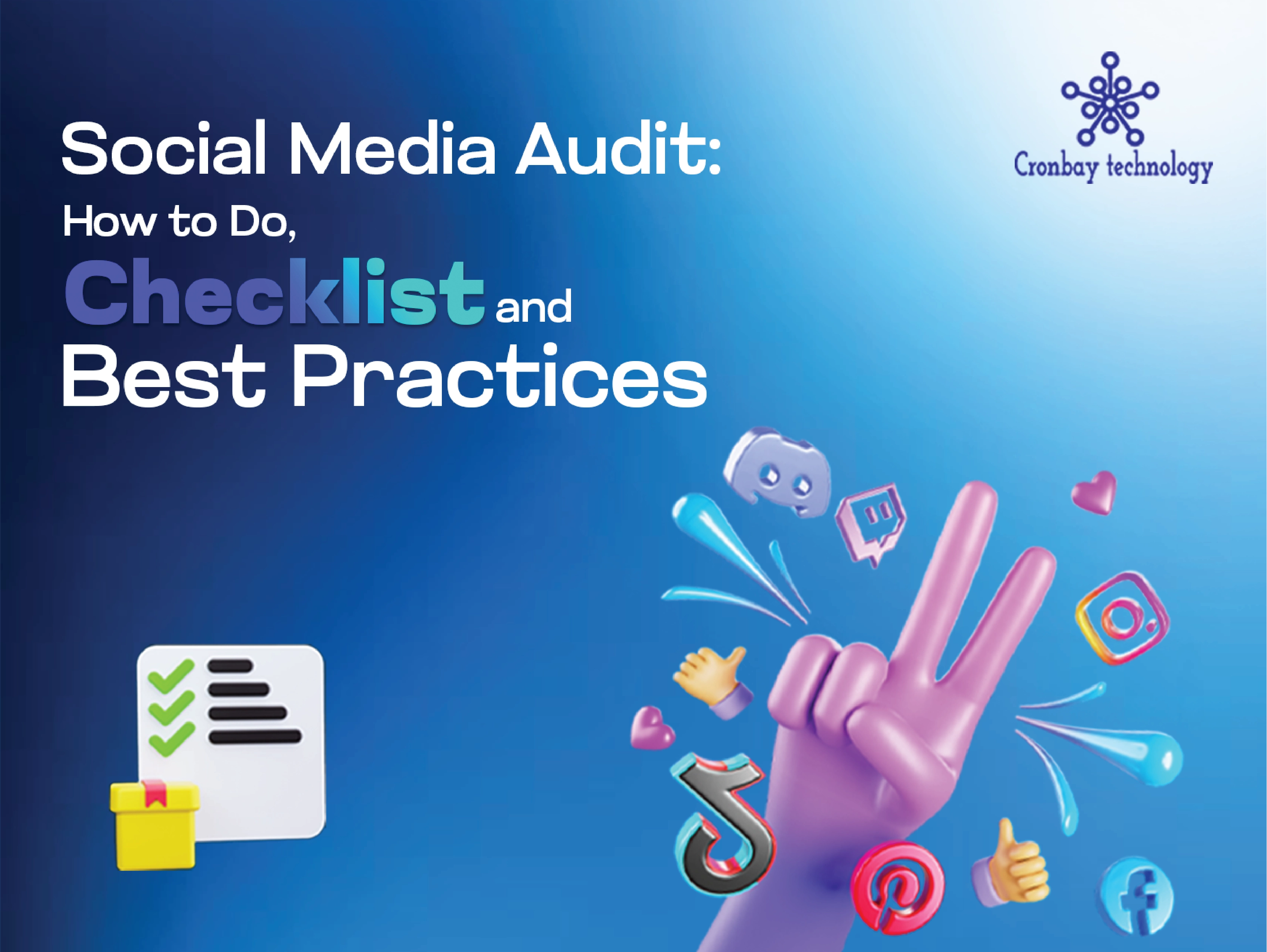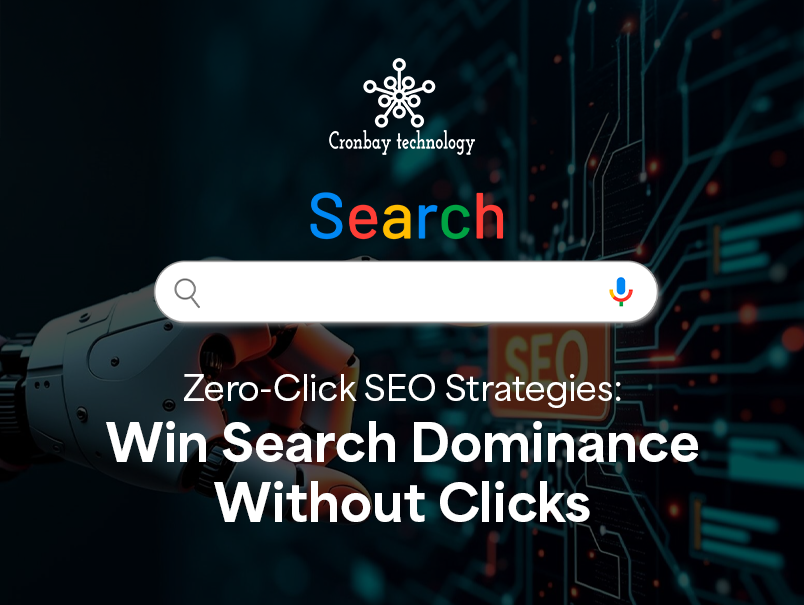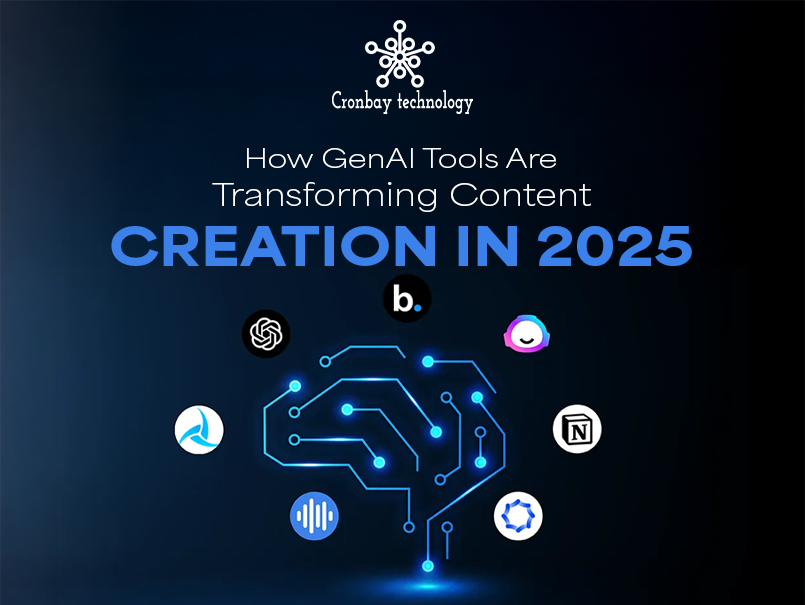Are you confused between CPC vs PPC and searching for a clear guide that explains the differences between cost per click (CPC) vs pay-per-click (PPC) in digital marketing? If yes, you have landed in the right place!
When it comes to digital advertising, understanding the differences between CPC vs PPC is essential for making the most of your advertising budget and driving better results. Though both terms are often used interchangeably, they have distinct roles in online marketing. To help you determine CPC vs PPC: which is better, Cronbay is here bringing this in-depth guide.
In this guide, we will break down cost-per-click vs pay-per-click advertising strategies, explore how CPC and PPC impact digital marketing campaigns, and highlight the key differences between PPC and CPC. Stay with us and gain expert insights into the PPC vs CPC comparison and make smarter ad decisions today!
CPC vs PPC Explained For Beginners
Before you get into the key differences between PPC and CPC, let us first understand the basics of these two essential digital advertising concepts.
What is PPC or Pay-Per-Click?

PPC or pay-per-click is an online advertising model where advertisers pay a fee each time someone clicks on their ad. It is a way of buying traffic to your website rather than earning it organically. Some of the popular PPC platforms include Google Ads, Facebook Ads, and Bing Ads.
For example, imagine you own an online shoe store and want to run a paid advertising campaign on Google for the keyword 'buy running shoes online.' For this, you create a PPC campaign, and Google displays your ad on the search engine results page. Now, if 100 people click on your ad, you will be charged for those 100 clicks, regardless of whether they make a purchase or not.
What is CPC or Cost-Per-Click?

CPC, or Cost-Per-Click, refers to the actual amount you pay for each click on your ad. It is a pricing metric within PPC advertising that determines how much an advertiser is charged for each user’s click.
Continuing with the same online shoe store example, let’s say you set a maximum bid of ₹10 per click for your ad. However, based on competition and ad quality, Google charges you ₹8 per click on average. Now, if your ad receives 100 clicks, your CPC will be -
= ₹8 × 100 clicks
= ₹800
How CPC and PPC Impact Digital Marketing Campaigns?

As already said above, both CPC and PPC play a crucial role in shaping digital marketing campaigns. Here you will find three key impacts of both CPC and PPC in digital marketing:
-
Better Budget Control
One of the key ways CPC and PPC impact digital marketing campaigns is by providing better budget control. PPC allows advertisers to set a fixed daily or monthly advertising budget, ensuring expenses stay within limits. Conversely, CPC helps manage costs by determining the amount paid for each click, making it easier to optimize spending and maximize results. This cost efficiency is crucial for effective performance marketing.
-
Increased Website Traffic
Another key benefit of CPC and PPC in digital marketing is their ability to drive more website traffic. PPC ads bring immediate and targeted visitors to your site, while a lower CPC allows you to attract more clicks within the same budget, increasing potential leads and sales. This is particularly important for lead generation and improving overall campaign performance.
-
Slow & Hard-to-Use Pages
Next, even if your ad grabs attention, a slow-loading or difficult-to-navigate landing page will make users leave instantly. If someone clicks on your ad but has to wait too long, they will lose interest. This highlights the importance of landing page optimization in conjunction with your CPC and PPC strategies.
-
Higher Conversion Rates
The third key advantage of CPC and PPC in digital marketing is their ability to enhance conversion rates. PPC campaigns enable businesses to reach the right audience by targeting specific keywords, demographics, and interests. Conversely, CPC allows businesses to attract more qualified clicks, leading to better conversion rates and higher return on ad spend (ROAS).
That's a wrap. Now let us learn the top 7 key differences between CPC vs PPC.
7 Key Differences Between PPC and CPC

| Factor | PPC | CPC |
|---|---|---|
| Definition | A digital advertising model where advertisers pay for each click on their ad. | The actual cost an advertiser pays for each click in a PPC campaign. |
| Focus | Focuses on the overall ad campaign strategy. | Focuses on the cost of each individual click. |
| Role in Advertising | Determines how ads are displayed and charged in platforms like Google Ads. | Helps advertisers analyze and optimize costs within a PPC campaign. |
| Control | Advertisers control budget allocation and campaign goals. | Advertisers can control CPC by optimizing bids, keywords, and Quality Score. |
| Measurement | PPC is measured in terms of total clicks, impressions, and conversions. | CPC is measured in cost per individual click. |
| Impact on Budget | Defines how much an advertiser will spend on an ad campaign. | Determines how efficiently the budget is utilized within a PPC campaign. |
| Optimization | Optimized through ad targeting, bidding strategies, and audience segmentation. | Optimized by improving Quality Score, refining keywords, and lowering bids. |
It's worth noting that while PPC is an advertising model, CPC advertising is a specific metric within that model. Other metrics in digital advertising include CPM (cost per mille or cost per thousand impressions) and CPA (cost per acquisition) model.
PPC vs CPC Which One to Choose for Online Ads?

Now that you understand the PPC vs CPC comparison, let us determine which strategy suits you best.
Ideally, the choice between PPC and CPC depends on your advertising objectives. Since PPC is a broader advertising model and CPC is a key metric within PPC, both are essential for a successful online ad strategy. Here's how to decide:
Choose PPC if:
- You want to reach the right audience with targeted ads.
- You want quick visibility and results from your ads.
- You want to control your ad spending effectively.
- You want to optimize and scale your ad performance.
- You want AI-driven automation for better campaign management.
Choose to focus on CPC if:
- You want to control the cost per click and avoid overspending.
- You want to reduce customer acquisition costs and improve ROAS.
- You want to get more clicks within the same budget.
- You want to improve ad ranking and Quality Score.
- You want to test and compare different ad strategies.
Remember, both PPC and CPC are integral parts of a comprehensive digital advertising campaign. Your choice should align with your overall marketing goals, whether it's brand awareness, lead generation, or direct sales.
Final Words
Understanding the differences between PPC and CPC is crucial for making informed advertising decisions. PPC is a broad advertising model that helps businesses gain instant visibility, while CPC is a key metric that determines how efficiently your budget is utilized. Both play vital roles in digital marketing, and the right choice depends on your advertising goals.
If you want quick results and scalable ad performance, PPC is the way to go. However, if cost control and efficiency are your priorities, focusing on CPC will help you get the best return on investment. Regardless of your choice, it's important to continually monitor and optimize your campaigns using various advertising metrics and tools like Google Analytics.
Ready to optimize your online advertising strategy? Contact Cronbay Technologiestoday and let our experts help you achieve the best results!
Frequently Asked Questions
1. What is the main difference between CPC and PPC?
Ans. The main difference between CPC and PPC is that PPC is an advertising model where advertisers pay when users click on their ads, while CPC is the actual amount paid for each click.
2. CPC vs PPC: which is better for advertisers?
Ans.When making a PPC vs CPC comparison, neither is ‘better’. Both strategies serve different purposes. For example, PPC helps businesses drive traffic and conversions, while CPC determines how much an advertiser will pay per click.
3. How does CPC impact the cost of a PPC campaign?
Ans.CPC directly impacts the total cost of a PPC campaign because it determines how much an advertiser pays for each click. A higher CPC means fewer clicks within the same budget, while a lower CPC allows for more traffic and potential conversions without increasing ad spend.
4. Can you run a PPC campaign without focusing on CPC?
Ans.Yes, in some cases, you can run a PPC campaign without manually focusing on CPC by using automated bidding strategies, such as Maximize Clicks or Target CPA. However, monitoring CPC is essential to ensure efficient spending and avoid overpaying for clicks.
5. How do I lower my CPC in a PPC campaign?
Ans. To lower CPC in a PPC campaign, focus on using high-quality ad copy, optimizing keywords, improving Quality Score, and refining audience targeting.
6. What is the key difference between cost-per-click vs pay-per-click advertising strategies?
Ans.The key difference between PPC and CPC is that PPC is the overall ad model where advertisers pay for clicks, while CPC is the actual amount paid per click. PPC focuses on campaign execution, while CPC is a performance metric that influences the campaign’s cost and efficiency.
7. How do other metrics like CPM and CPA relate to CPC and PPC?
Ans.While CPC (cost per click) is central to PPC (pay-per-click) advertising, other metrics like CPM (cost per mille or thousand impressions), CPA (cost per acquisition), CPL (cost per lead), and CPI (cost per install) are also important in digital advertising. These metrics help advertisers measure different aspects of their campaigns and optimize for specific goals.





